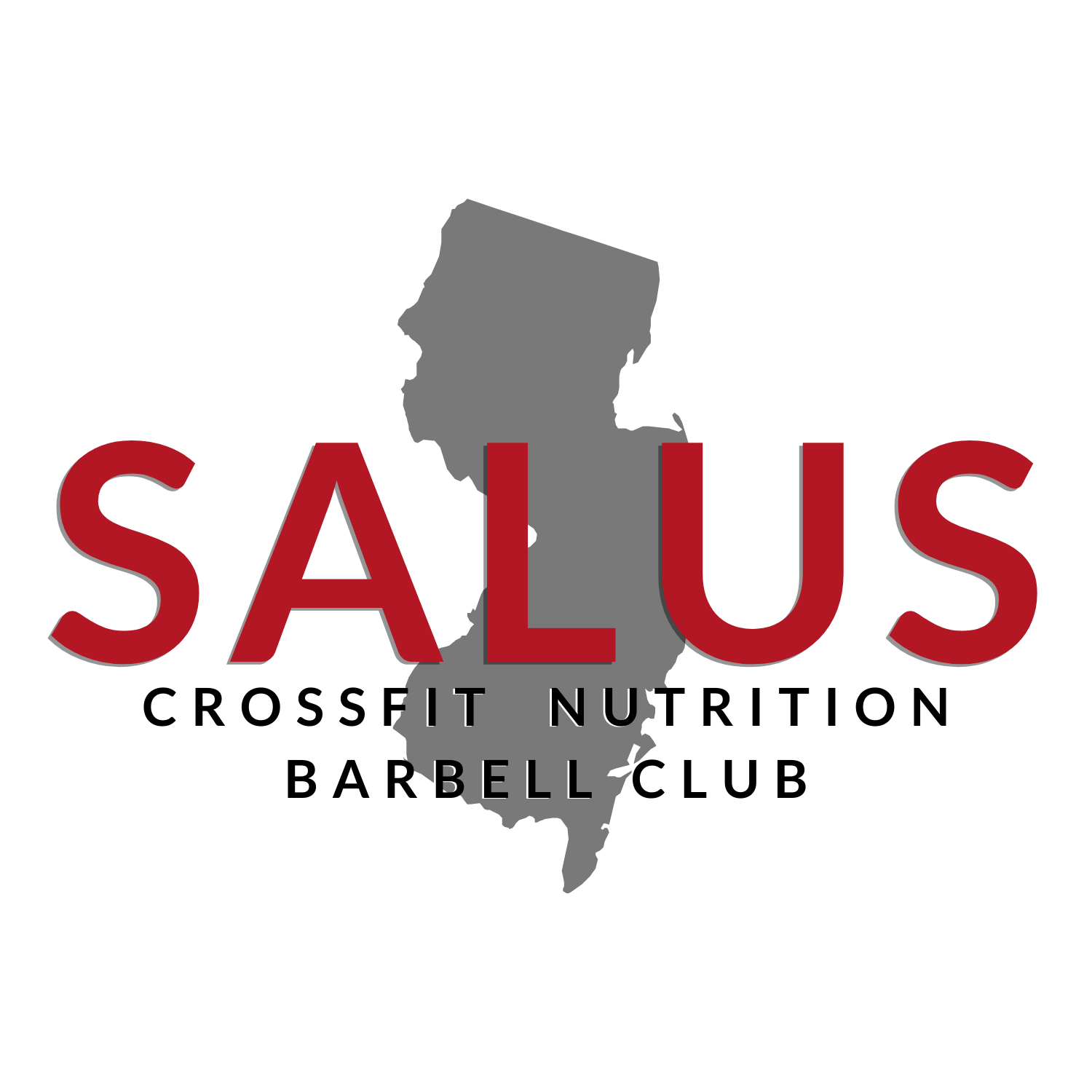From Deprivation to Empowerment: Your Guide to a Healthy Eating Mindset Shift
Moving From a Deprivation Mindset to a Decision Mindset: A Scientific Approach to Healthy Eating Mindset Shift
Our daily choices shape our experiences and energy levels in profound ways. What we consume plays a central role, impacting both our physical vitality and mental well-being. The journey to a healthier life starts with a fundamental truth: “Healthy Eating Mindset Shift.” This shift isn’t just about food; it’s about transforming your entire approach to nutrition.
Scientific studies reveal the direct link between our dietary choices and how we feel, think, and perform. If we eat clean, healthy foods full of energy, we’re going to feel full of energy, have clear thoughts, be productive and advance toward our goals. And the complete opposite is also true. If we eat garbage, we’re going to feel like garbage: sluggish, foggy thoughts, procrastinate and waste opportunities.
It can be a hard cycle to break.
Let’s explore the science behind this phenomenon and discuss how shifting from a deprivation mindset to a decision mindset can significantly improve your dietary habits.
Your Environment Matters
If your kitchen is filled with tempting foods (whether they are yours or your kids), it can be… a real problem for goals. No matter how much willpower you have, it’s just natural to grab the most convenient and most tempting food options, especially when you’re tired, stressed, or ravenous.
Recent research in nutrition science has provided compelling evidence for the direct relationship between diet and cognitive function. A study published in the Journal of Nutritional Neuroscience found that individuals who consumed diets rich in fruits, vegetables, and whole grains experienced enhanced cognitive performance, including better memory and attention span. Conversely, diets high in processed foods, sugars, and unhealthy fats were associated with cognitive decline and increased risk of mental health disorders.
A little effort ahead of time can lead to substantially better choices in the moment. That’s why it’s helpful plan your indulgences with a proactive mindset rather than responding reactively.
You Choose: The Science Behind Dietary Choices
The more you clean up your diet with highly nutritious foods
, the more your taste for junk fades. In other words, keep the junk out of the house.
Numerous scientific studies support the idea that our environment plays a crucial role in shaping our dietary choices. A study conducted by the Cornell Food and Brand Lab found that individuals are more likely to choose convenient and tempting food options when they are readily available. This tendency is exacerbated when we’re tired, stressed, or hungry, as shown in a study published in the journal “Appetite.”
But, this wonderful switch doesn’t happen until you shift away from a deprivation mindset to a decision mindset.
Think Differently: Breaking the Cycle of Unhealthy Thoughts
Transitioning from a deprivation mindset to a decision mindset is not just about restriction; it’s about empowerment. It’s your conscious decision to eat foods that make you feel better, look better and perform better. Own it.
So, instead of: “I can’t have that.”
Say: “I don’t want that.” “I don’t need that.” “I don’t eat that anymore.” or “I’ll have this instead (insert healthy alternative).”
Scientifically, this healthy eating mindset shift can be explained through the concept of self-determination theory. Research in this area has demonstrated that when individuals feel a sense of autonomy and choice in their behaviors, they are more likely to sustain positive changes. By making a conscious decision to eat foods that make you feel better, look better, and perform better, you are taking control of your health and well-being.
Embracing a Decision Mindset for Better Nutrition
Instead of labeling foods “good” and “bad,” reframe your thought process by identifying how these foods affect you. For example, let’s look at them as red, yellow, and green light foods.
Red light foods
Red light foods are those that present such a difficult challenge for you that they just aren’t worth the struggle.
Scientifically, red light foods can be those that don’t align with your health and fitness goals, are prone to overeating (a concept explored in the “Food Addiction” literature), or those to which you may have allergies or intolerances. Research has shown that avoiding trigger foods can be effective in managing weight and promoting healthier eating patterns.
Red light foods may not work for you because:
- They don’t help you achieve your goals
- They’re tempting to overeat
- You’re allergic or intolerant to them
- You really don’t like them
- You’ve made the decision not to eat them anymore
Yellow light foods
These are foods that you can eat a little bit of, be satisfied and stop without being tempted to go overboard.
Studies have shown that practicing portion control and mindfulness when consuming such foods can help prevent overindulgence.
Green light foods
These are nutritious and make your body and mind feel full of energy. You can eat them normally, slowly, and in reasonable amounts.
Whole, unprocessed foods usually make up most of this list.
Making a Mindset Shift About Healthy Eating: Habit Formation
As with any habit, adopting a decision mindset towards food requires practice and consistency. And remember, habits are formed through repeated actions and reinforcement (not perfection). Research in habit formation suggests that it takes an average of 66 days to establish a new habit.
That’s why it’s essential to practice this mindset daily to make it a permanent part of your lifestyle.
Practice that mindset habit daily.
Incorporating a healthy eating mindset shift can be a transformative journey toward a healthier and happier you. However, we understand that embarking on this path alone can be challenging. That’s why we invite you to take the next step towards your health and wellness goals by signing up for Salus nutrition coaching.
As a certified nutrition expert with over 20 years in the industry, I am here to provide personalized guidance, support, and evidence-based strategies to help you make lasting changes in your diet and lifestyle. Don’t wait any longer; let me be your partner on this journey to better health.
The post From Deprivation to Empowerment: Your Guide to a Healthy Eating Mindset Shift appeared first on Salus.





